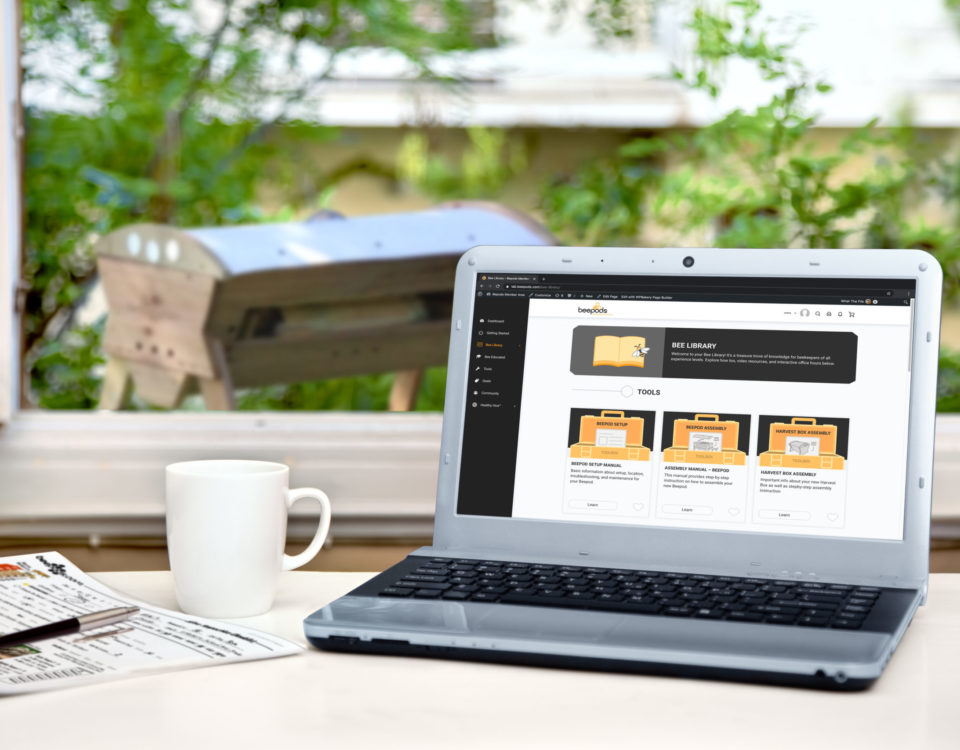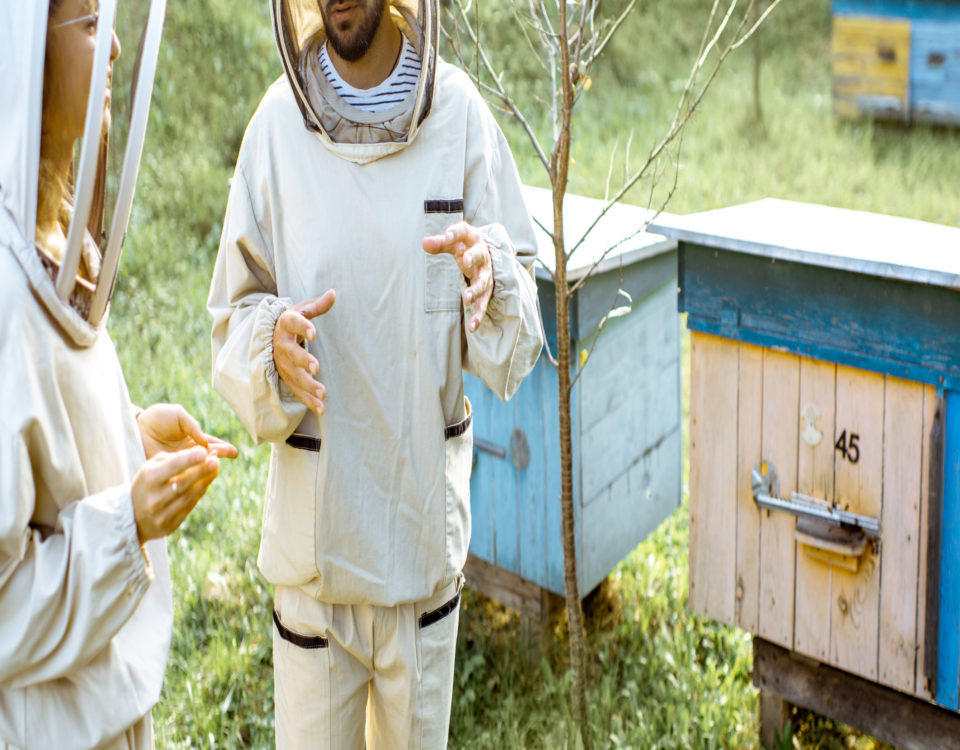- All-In-One Beekeeping for the Bees
- +1-608-728-8233
- info@beepods.com
Democratizing Beekeeping Data: Building a Research Community of Citizen Scientists

For the last decade everyone has been saying that data and big data is the wave of the future. Guess what? They’re right. At Beepods we believe that data is the future of determining the best beekeeping practices. It was with data that we built the Beepods Beekeeping System ~ the vented top bar hive, the harvest box, the tools, winterizing kit ~ everything went through significant testing and iterations to bring us to where we are now.

The challenge the beekeeping world faces is that there is not enough data tracking taking place. There is not enough aggregation of the data. There is not enough technology being used to collect the data. More often than not, many beekeepers who keep do keep notes are not even taking the time to reflect on them year to year to see how their colonies are progressing. And, if beekeepers do reflect on the data and find trends, the only way they know how to disseminate this information is through sharing anecdotal evidence of their own individual experience that may only pertain to a small group of beekeepers.
Another challenge is that beekeepers are not recording their observations and the activities they perform in a manner that is consistent or standardized. Not all beekeepers are tracking the same data points and not many beekeepers are taking notes digitally, in a manner that is easy to share and match and aggregate with other beekeepers’ data.
We all know the adage “ask 10 beekeepers a question and you’ll get 11 different answers… and they’ll all be right.” This is part of the reason we are facing challenges in the beekeeping world. I know this because I hear about it all the time when I attend or give presentations at beekeeping associations. I hear about it from other people who are also working to develop systems and solutions in the beekeeping industry. I hear about it from researchers who are working to determine the causes behind CCD and why some bees do well and others do not. I hear about it from farmers, beekeepers, hobbyists, customers and almost everyone that digs into bees.
We have all of these various answers, but no one seems to understand the WHY behind the answers. It is information that’s not easy to compare. Not many beekeepers are trained in the scientific method, so, it is natural for them to assume, when they see success, that what they tried is going to work just as well for everyone else. With this way of beekeeping, we end up treat the symptoms we see, but not necessarily going after the root cause of the problem.
This is one of the factors that causes the beekeeping world to lag behind every other industry in technology adoption by seemingly over a decade. It is the reason that some good ideas have gone by the wayside and other not-so-good ideas have taken off like wildfire. The question is “WHAT DO WE DO ABOUT IT?” It’s all about better data collection. Every beekeeper keeps a journal, right? But, what is their process? Are they applying scientific methodology to their record-keeping? If you ask a beekeeper for their data, they most likely won’t be able to easily produce it. It’s stored using archaic methods that don’t allow for making their data usable. Through a consistent practice of collecting the same data (whether it is qualitative or quantitative) and collect this data in a way that is shareable, this problem can be addressed.
At Beepods we are taking a collaborative approach with record-keeping and data collection as we work towards allowing the beekeeping community to benefit from crowdsourced information, experience and knowledge by using standardized practices. These practices allow us to track data using tools like our Top Bar Hive Inspection Checklist and our Healthy HiveTM Management Software which helps us to support our beekeepers, as well as, gather data and information from them that can help improve not only their own practices, but also the practices of our other community members, the equipment we offer, the quality of our education, the usefulness of our technology and the application of ideas around beekeeping.
Beyond just this, we are actively seeking out ways to empower researchers and scientists to analyze our customer data. We are working with other businesses trying to figure out baseline measurables that can help them to improve their products and services. We are working to train our beekeepers to be citizen scientists to help inform our Beepods Community to create the best beekeeping practices we can find.
Overall, data and data collection technology needs to be used in beekeeping. If we want the beekeeping industry to catch up to other industries, we must adopt the use of tools that will allow us to record, analyze and share data. What kind of data can be shared? Data that helps researchers to understand aspects that affect bee health, data that can show beekeepers how likely their hives are to swarm, or data that might help apiary health inspectors to more easily determine if a hive is diseased. The proper use of data can democratize best beekeeping practices and inform us as beekeepers what we can do better. Data can help us to predict the unknown future and allow us to be proactive in supporting our colonies instead of reactive.
Want to join a community that is open to your data? Let us know.
Brad James
Latest posts by Brad James (see all)
- Where does pollinator week come from? A brief History of Pollinator Week and its impact on supporting pollinators - June 17, 2019
- Honey Bee Breeds and Their Attributes - March 2, 2018
- My 3-Year-Old Daughter Loves Bees - December 5, 2017



